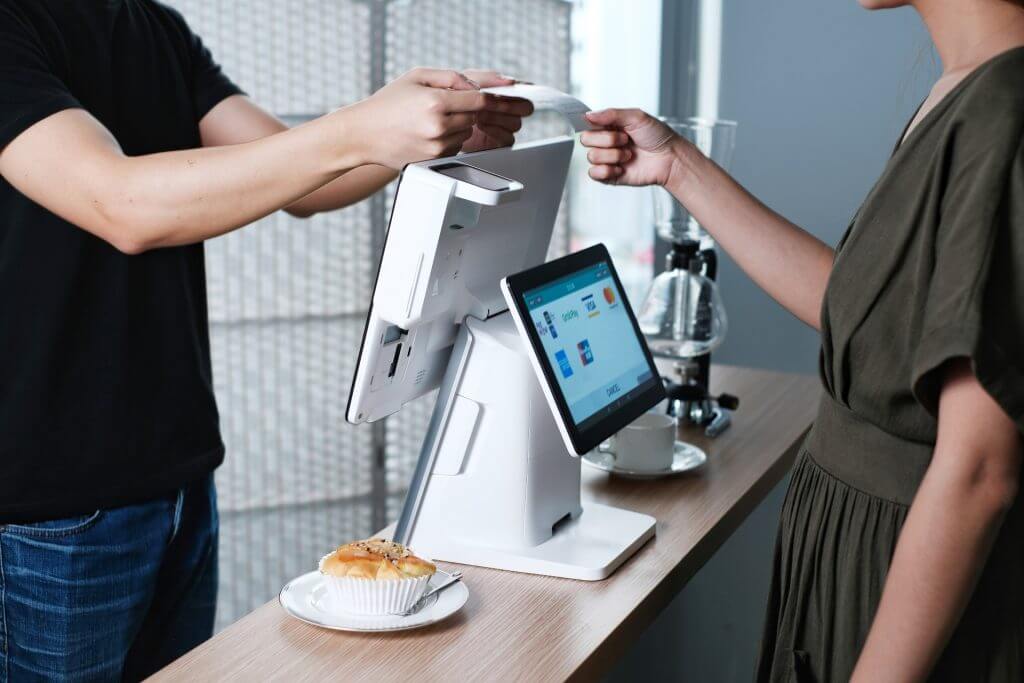In today’s fast-paced retail environment, having an efficient Point of Sale (POS) system is crucial for businesses in the Philippines. A POS system streamlines sales transactions, enhances customer service, and optimizes retail operations, making it a vital tool for success. This blog explores the significance of POS systems in the Philippine retail landscape and highlights the features of the Dynamics 365 POS solution.
What is a POS System?
A Point of Sale (POS) system is a combination of hardware and software that allows businesses to complete sales transactions. It includes components such as cash registers, barcode scanners, receipt printers, and software applications to manage sales data and inventory. With the right POS technology, businesses can efficiently process sales and improve overall customer satisfaction.
Importance of POS Systems for Businesses in the Philippines
Implementing a POS system offers numerous benefits for businesses in the Philippines. Here are some of the key advantages:
- Improved Efficiency: POS systems automate sales processes, reducing transaction times and minimizing errors.
- Enhanced Customer Experience: Quick transactions and personalized service lead to increased customer satisfaction.
- Better Inventory Management: A centralized system allows businesses to track stock levels and manage product catalogs effectively.
Key Features of the POS System for Dynamics 365
The Dynamics 365 POS solution offers a comprehensive suite of features designed to meet the needs of retailers. Here are some of the key functionalities:
Sales Processing: The POS feature allows businesses to process sales transactions efficiently. Users can quickly add items to the sale, apply discounts or promotions, accept various payment methods, and generate receipts or invoices. This streamlined approach not only enhances transaction efficiency but also improves customer satisfaction.
Product Catalog Management: With Dynamics 365, users can manage a centralized product catalog. This includes adding new products, updating prices, and categorizing items for easy navigation. Effective product catalog management is crucial for maintaining accurate inventory and ensuring customers find what they need quickly.
Barcode Scanning and Printing: Barcode scanning is a game-changer for retail operations. The POS system supports rapid and accurate item entry through barcode scanning, allowing users to add products to sales effortlessly. Additionally, businesses can print barcodes for new products or labels, enhancing inventory accuracy and efficiency.
Customer Management: Building strong customer relationships is essential for retail success. The POS feature enables businesses to create and manage customer profiles, capturing important information such as purchase history and preferences. This data can be leveraged to apply loyalty programs and offer personalized discounts, driving repeat business.
Promotions and Discounts: Effective promotions and discounts can significantly boost sales. The POS system allows users to create and manage various promotions and special offers, ensuring accurate pricing during the sales process. By implementing strategic discount strategies, businesses can enhance customer satisfaction and encourage repeat purchases.
The Benefits of Using POS Systems in the Philippine Retail Industry
Adopting a modern POS system can transform retail operations in the Philippines. Here are some benefits:
- Streamlined Operations: Automating sales processes reduces the workload on staff, allowing them to focus on customer service.
- Increased Sales: Efficient sales processing and effective promotions can lead to higher sales volumes.
- Better Data Insights: POS System Philippines provide valuable data on sales trends and customer behavior, enabling informed business decisions.
Choosing the Right POS System for Your Business
When selecting a POS system in the Philippines, consider the following factors:
- Business Size: Ensure the system can accommodate your business’s scale and growth.
- Feature Set: Look for features that align with your specific needs, such as inventory management or customer relationship tools.
- Budget: Evaluate the total cost of ownership, including initial setup and ongoing maintenance.
Implementation and Support for POS Systems
Implementing a POS system involves several steps, including system setup, employee training, and data migration. Ongoing support is also crucial for addressing any technical issues and ensuring smooth operation. Many providers offer comprehensive support packages to assist businesses post-implementation.
Successful POS Implementation in the Philippines
Several businesses in the Philippines have successfully integrated POS systems to improve their operations. For example, a popular retail chain reported a 30% increase in transaction speed after adopting Dynamics 365 POS, leading to enhanced customer satisfaction and loyalty.
Takeaway
In a rapidly evolving retail landscape, adopting a modern POS system is no longer optional; it’s essential for success. The Dynamics 365 POS solution offers robust features that streamline operations and enhance customer experiences. If your business is considering a POS upgrade, now is the time to explore the possibilities.











